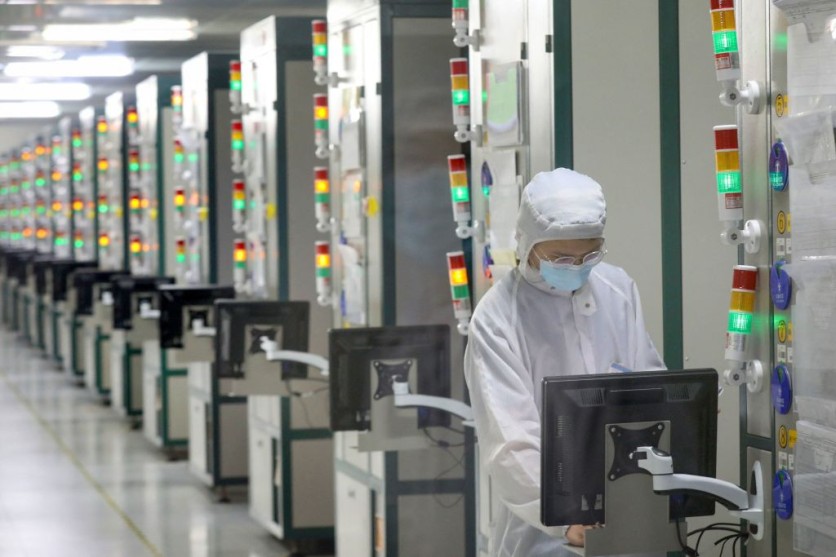
Qin Gang, China's foreign minister, called on his Japanese counterpart Yoshimasa Hayashi to stop supporting the US attempts to limit China's semiconductor sector. Meanwhile, Hayashi is also demanding the immediate release of a Japanese national jailed in China.
Chip Curbs
According to Bloomberg, Foreign Minister Qin met with his Japanese counterpart Hayashi in Beijing on Sunday, Apr. 2. The Foreign Ministry released a statement the same day, quoting Foreign Minister Qin that a chip boycott would only increase China's determination to attain self-reliance.
According to the statement, Qin remarked, "In the past, the US ruthlessly suppressed the Japanese semiconductor industry, but now it is repeating its old tactics toward China." A release from the Chinese Foreign Ministry reports that he also expressed optimism about the prospects for improved bilateral ties via joint effort.
It has been almost three years since a senior Tokyo diplomat last visited Beijing, making Hayashi's trip historical. After China's Mar. 31 criticism of Japan's decision to limit exports of 23 forms of cutting-edge chipmaking technology, this outcome is to be expected. As the US increases its attempts to restrict China's access to critical semiconductor know-how, Japan has responded by tightening its own trade curbs.
Recently, relations between Beijing and Tokyo have deteriorated due to Japan's participation in US-led initiatives to undermine China's regional dominance via organizations like the Quad group, which also includes Australia and India. And yet, Japan has worked hard to keep its relationship with its largest trade partner intact.
Demand to Release Detainees
The incarceration of an employee of Astellas Pharma in China is causing growing worry in Tokyo.
In his meetings with Qin, Premier Li Qiang, and senior diplomat Wang Yi, Hayashi protested the man's imprisonment and demanded his release, according to Japan's foreign ministry. Hayashi emphasized the need to create a stress-free atmosphere for business and interpersonal interactions between Japanese citizens and companies.
As per Bloomberg, an official from Japan's foreign ministry informed lawmakers last week that 17 Japanese nationals had been imprisoned in China since 2015. Two of the five still detained individuals were given prison terms by the Chinese government.
China vs. Japan
The two Asian neighbors have been at odds over a group of islands in the East China Sea for some time, which is just one of several bilateral issues they have been dealing with. China is opposed to Japan's plans to dump its cleaned-up nuclear waste from the tsunami-ravaged Fukushima Dai-ichi plant into the ocean.
Prime Minister Fumio Kishida and President Xi Jinping broke the ice with a meeting in Bangkok in November 2022, which led to Hayashi's visit. However, Hayashi's visit occurs only weeks before Japan hosts the Group of Seven conferences, to which Kishida has invited several foreign leaders from Asia and beyond, but Xi is not among them.
Qin also cautioned Japan not to meddle in Taiwan-related or other problems that may threaten China's sovereignty during the meeting. Bloomberg reported that Japan is concerned that China will eventually take Taiwan by force. Notably, many Japanese officials consider Taiwan's stability crucial to Tokyo's security.





